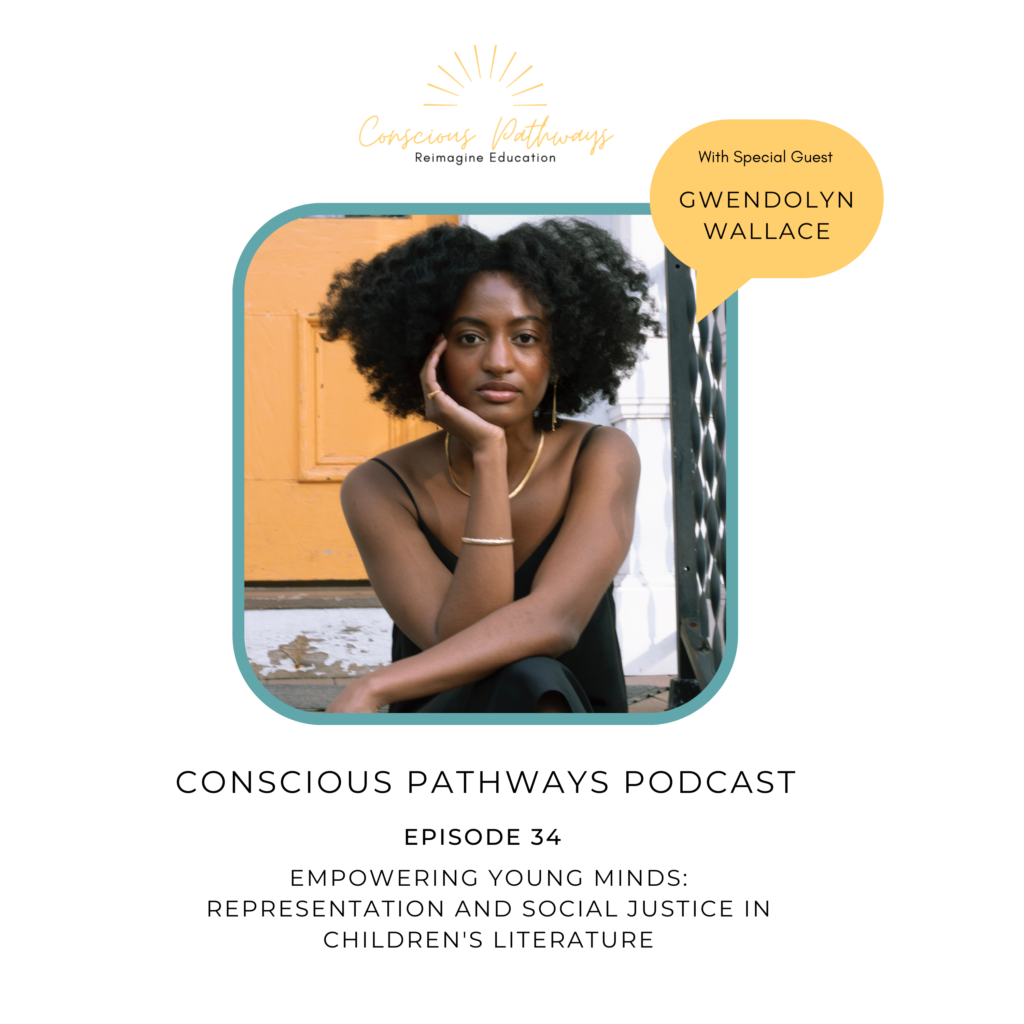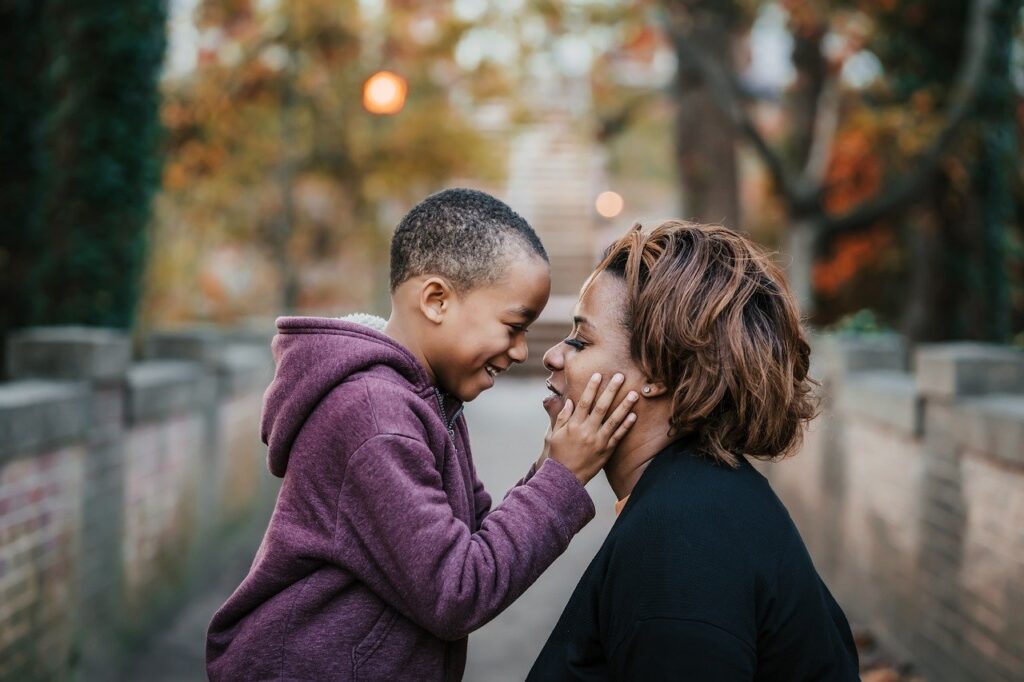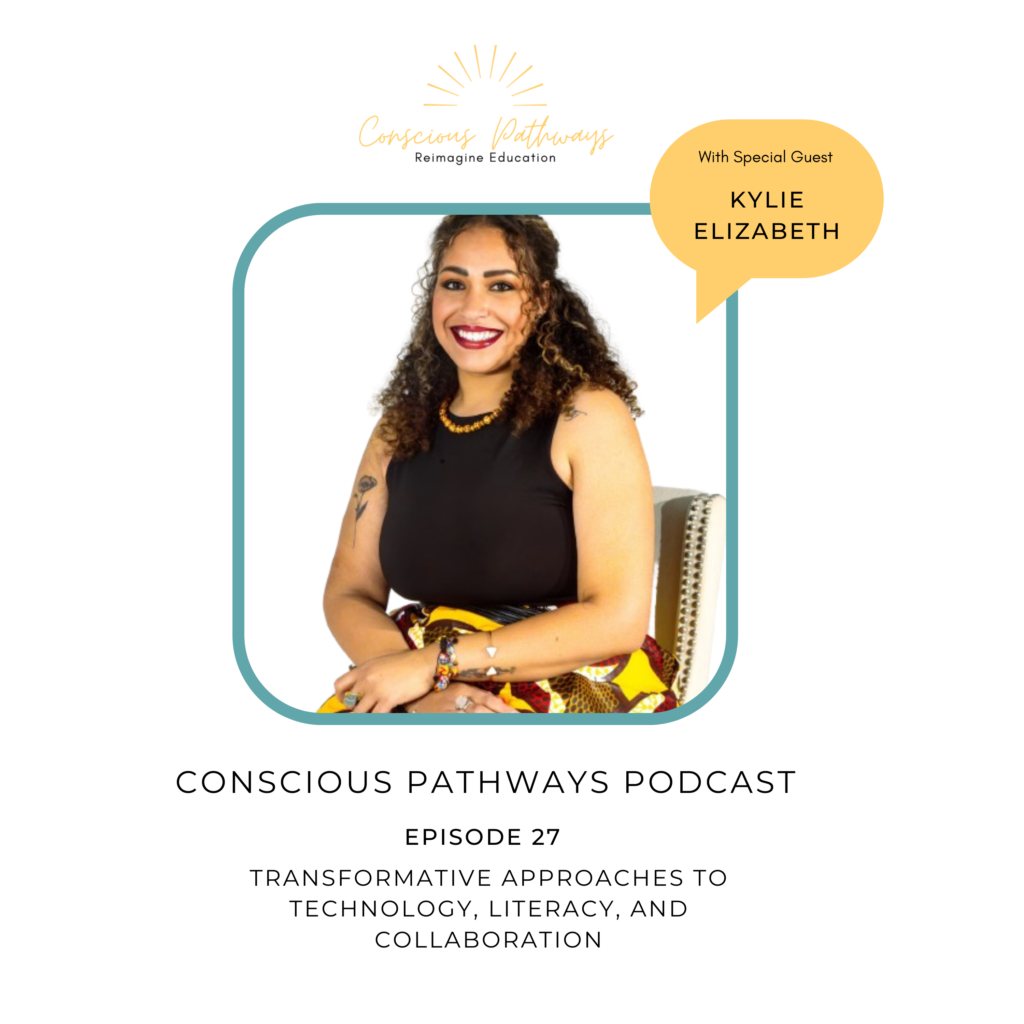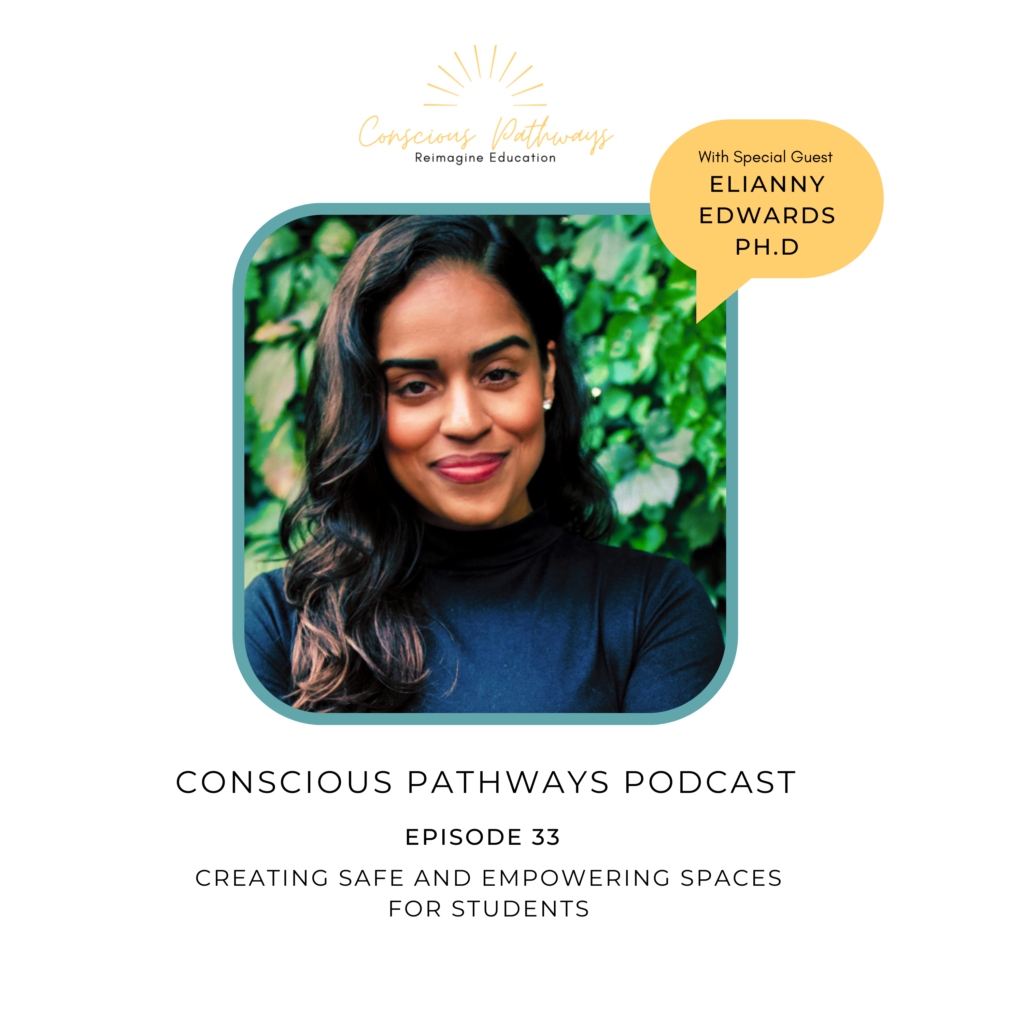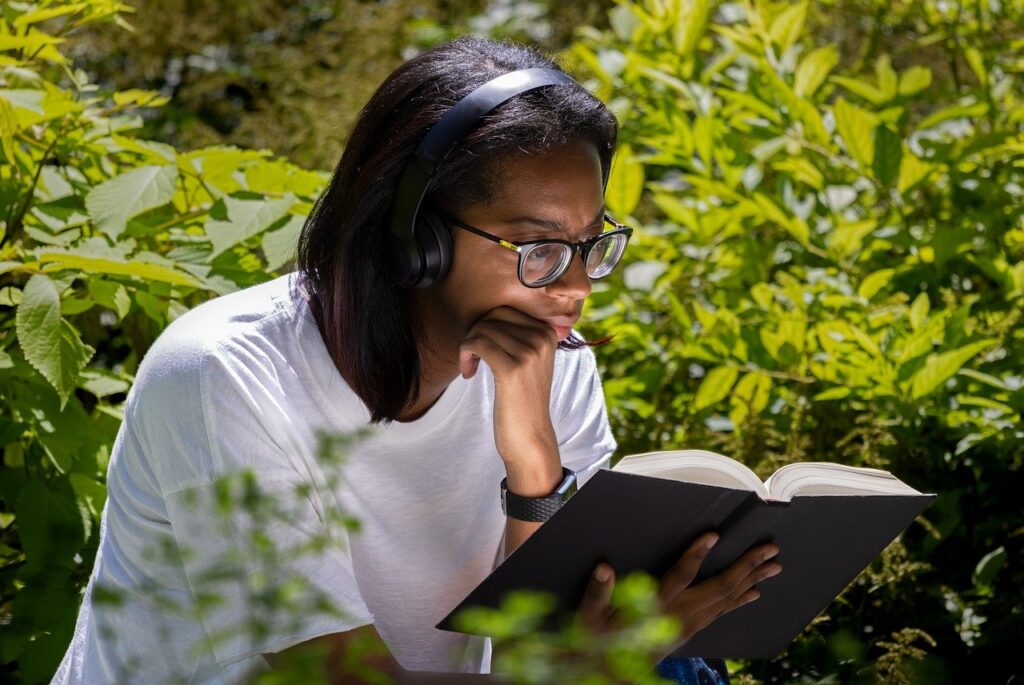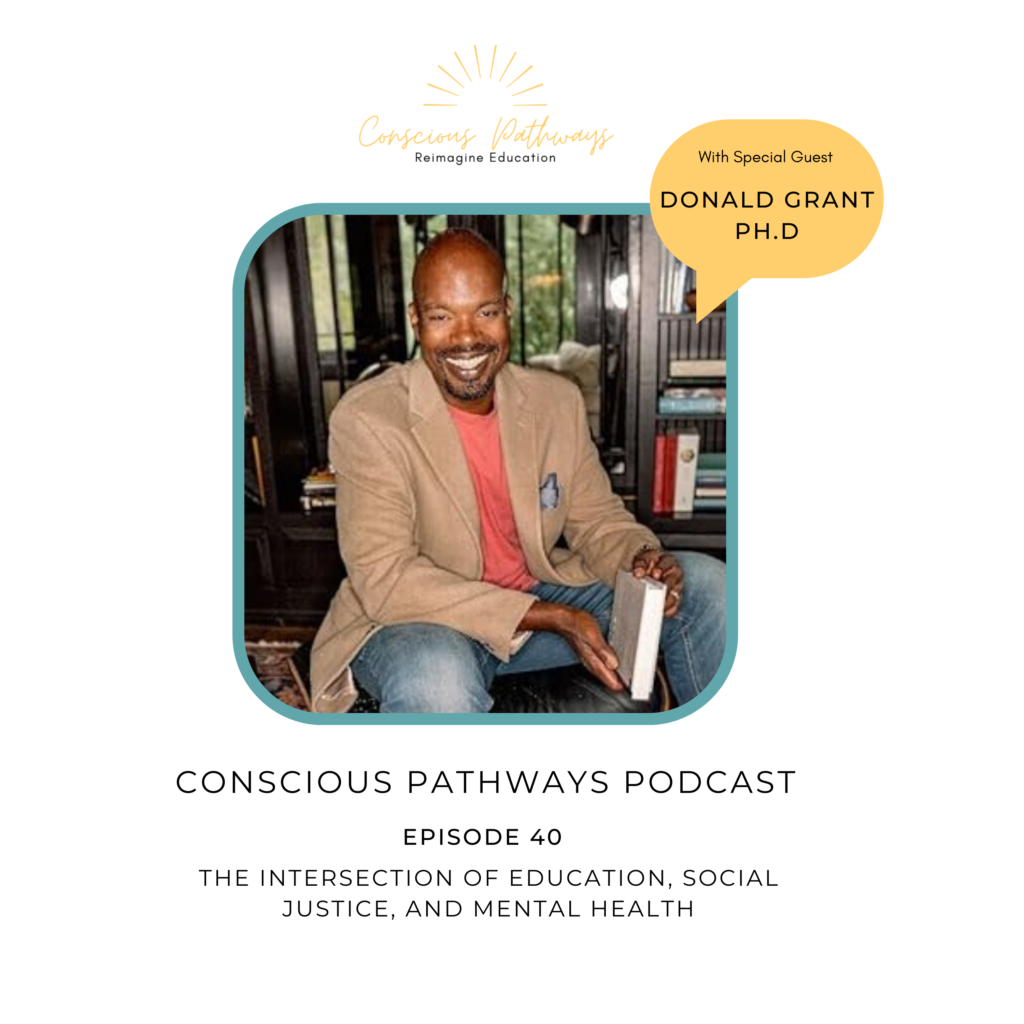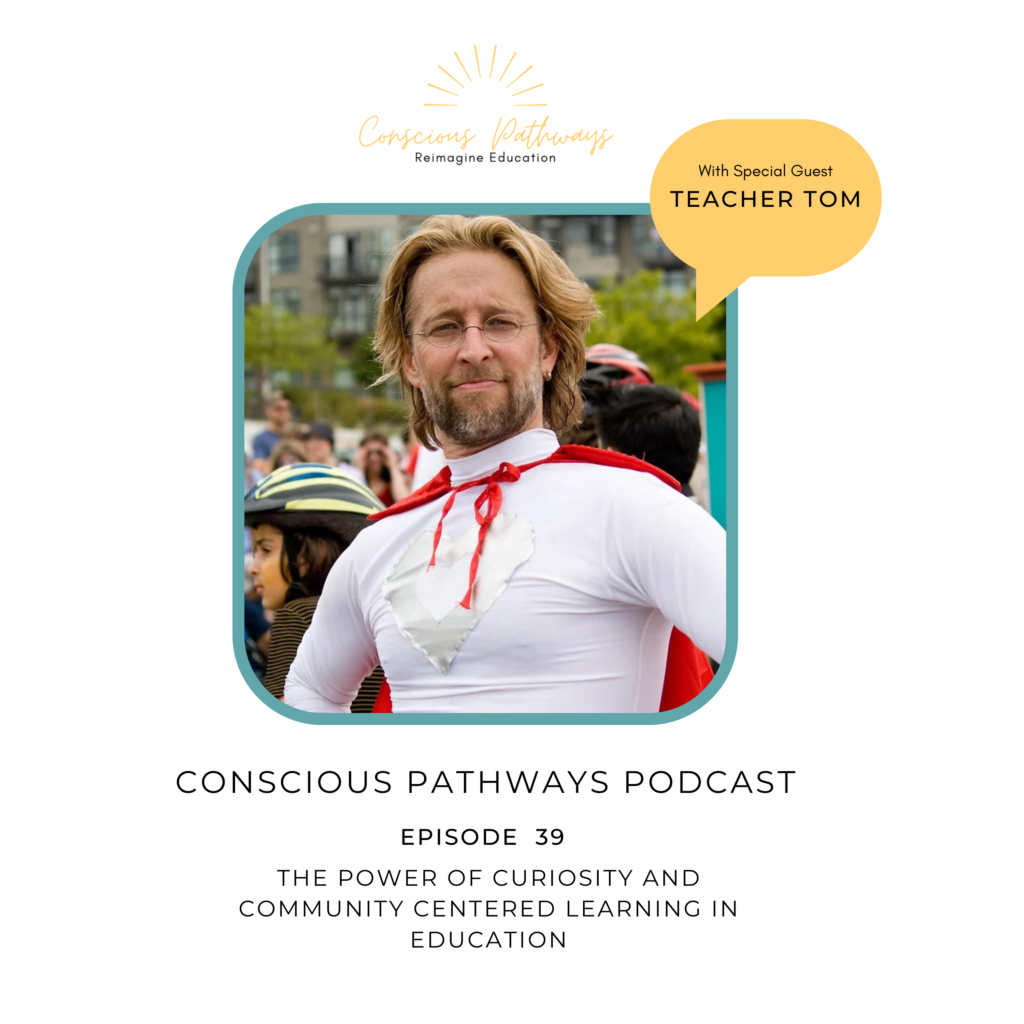Empowering Young Minds: Representation and Social Justice in Children’s Literature with Gwendolyn Wallace
Join host Brittney Carey in a captivating conversation with Gwendolyn Wallace, a distinguished researcher and children’s literature author, as they delve into the transformative impact of representation and authentic diversity in early childhood education. In this episode, they explore the intersection of children’s literature, social justice, and critical thinking, emphasizing the vital role of literature …

